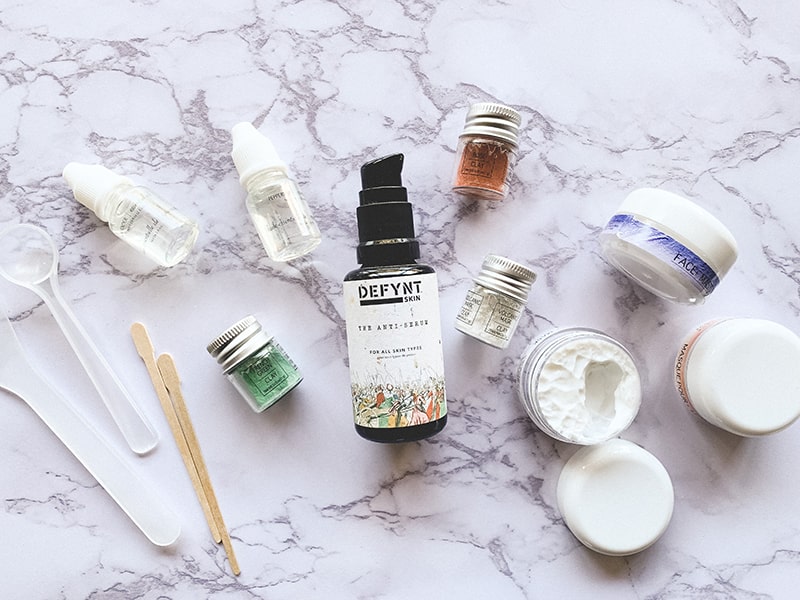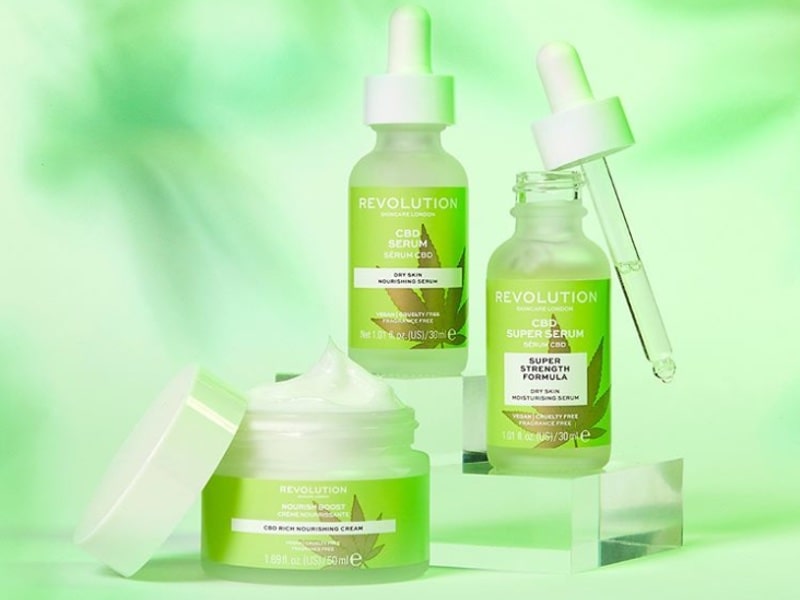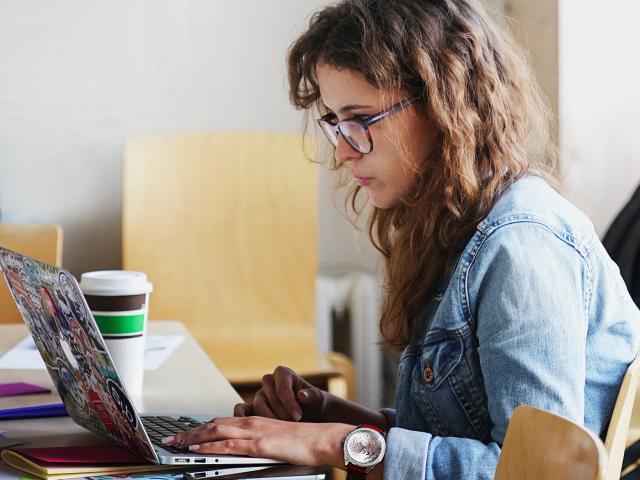According to W.H.O, (World Health Organization) 1 in 13 people worldwide has an anxiety disorder, making it the most common mental health disorder worldwide.
Everyone has feelings or phases of anxiety at some point; worries about job security or relationship stress, for example, are a normal part of life. But some people’s lives are more affected by anxiety and they have less control over their emotional response.
Anxiety affects men and women of all ages and can present in several forms, not limited to:
- Generalized anxiety disorder – A broad condition of generalized anxiety.
- Social anxiety – Often extreme fear of and within social situations.
- Panic disorder – Suffering with panic attacks.
- Phobias – Extreme fear triggered by particular events or situations
- Post-traumatic stress disorder – Anxiety following a traumatic experience.
Symptoms of anxiety vary from person to person; it is a completely unique experience. Physical symptoms may include sleep or appetite disturbances, while emotional symptoms may include constant worry or a sense of lack of control over your life.
Traditional tablets vs cbd oil
For those living with the symptoms associated with anxiety, there seem to be limited methods of similar treatments available; potent, prescription anti-anxiety medications such as Xanax or Valium, or if symptoms are severe, perhaps anti-depressants are the best option.
All of these treatments have been shown to help and alleviate the symptoms of anxiety, it is the side effects of these treatments, such as drowsiness and fatigue, or nausea, memory problems and addiction that lead many people to seek alternative or complementary therapies.

Why would CBD affect anxiety?
It is important to note that CBD (cannabidiol), although found in hemp plants, is not THC. CBD does not cause feelings of euphoria or intoxication as is felt with THC and should not be considered a product for that purpose. What CBD is believed to do is interact with certain receptors in the brain that help produce serotonin.
It is widely accepted that serotonin plays an important role in wellness and mental health, and is the function of many prescription anti-anxiety medications.This is what leads people to CBD as a good suitable alternative option to help with anxiety symptoms.
How can CBD improve anxiety symptoms?
The endocannabinoid system impacts several important processes in the human body, such as sleep, mood and memory. CBD is believed to interact with these processes, stimulating your body to produce vital endocannabinoids, which promote homeostasis. More information about The Endocannabinoid System can be found here….
Clinical Research on CBD and Anxiety
A steadily growing body of clinical research indicates that CBD can help alleviate anxiety, with growing evidence pointing to all of its therapeutic benefits.
In a 2019 double-blind study, 37 Japanese adolescents with social anxiety disorders received 300 milligrams or 3% CBD oil or placebo daily for four weeks. Results showed that CBD’s anxiolytic properties reduced symptoms aligned with the disorder.
A 2019 retrospective case study reviewed outpatients at a mental health clinic in Fort Collins, Colorado, U.S. 47 patients who expressed anxiety concerns received daily doses of 25 milligrams of CBD over the course of three months. At the end of the first month, 79.2% of patients experienced improvement in anxiety, and after two months, 78.1% of patients reported additional improvement compared to the previous month.
Despite these successful isolated trials, there is insufficient scientific evidence to support the claim that CBD is an effective treatment for depression or anxiety. However, we believe it will not be long before a breakthrough is made, as there are many positive experiences of CBD users with anxiety and depression and current clinical trials that are evaluating the potential benefits of CBD for combating anxiety and depression.
Please take a moment to visit their page to learn more about CBD lotion.




